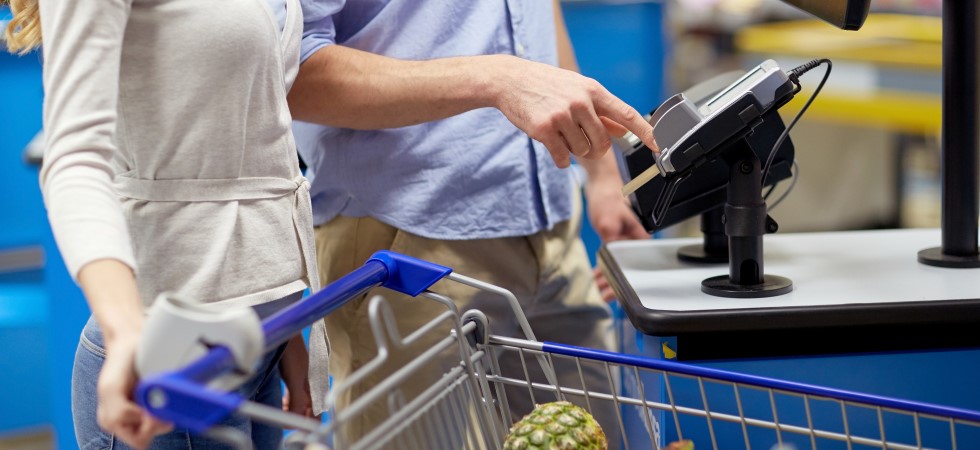Market research firm Kantar has published its latest supermarket share update, reporting a record spend on confectionary.
The firm found that grocery price inflation had fallen to 3.2% over the four weeks to 14th April, marking the fourteenth monthly drop in a row. It said that the decline had been aided by a “significant increase” in promotional spending, with items bought on offer making up 29.3% of supermarket sales – the highest level outside of Christmas since June 2021.
Overall take-home grocery sales rose by 3.3% in the same four weeks, as online grocer Ocado was the fastest growing grocer this month, improving sales by 12.5% in the 12 weeks to 14th April, ahead of the total online market which grew by 6.8%.
The retailer accounted for 1.9% of take-home grocery sales, up from the 1.7% it held a year ago. Meanwhile, total online reached a share of 12% for the first time since July 2022.
Tesco and Sainsbury’s both gained 0.4% of share in the latest 12 weeks, holding 27.4% and 15.3% of the market respectively. Sainsbury’s sales increased by 6.8% and Tesco grew by 5.9%.
Lidl reportedly achieved a record 8% share of the market, also up 0.4% versus a year ago, fuelled by sales growth of 9.1%. Fellow discounter Aldi reclaimed the 10% market share it held in September 2023, increasing sales by 2.8%.
Morrisons held its portion of the market at 8.7%, the best share performance for the retailer since 2021, with spending through its tills up by 3.8%. Waitrose and Iceland also retained their market share positions at 4.5% and 2.2% respectively, and both retailers saw sales growth of 3.7%.
Asda now holds 13.4% of the market, while Co-op accounts for 5.4%.
Consumers look for deals
Fraser McKevitt, head of retail and consumer insight at Worldpanel by Kantar, said: “We’ve been monitoring steady annual growth in promotions over the past 11 months as retailers respond to consumers’ desire for value. Deals helped shoppers save a massive £1.3 billion in the latest four weeks, almost £46 per household.
“This emphasis on offers, coupled with falling prices in some categories like toilet tissues, butter and milk, has helped to bring the rate of grocery inflation down for shoppers at the till.”
Kantar reported a record spend of over £100 million on confectionary in the seven days up to and including Easter Sunday. McKevitt said: “Higher prices have played a role in reaching that record spend figure, but the number of chocolate eggs sold in the seven days to Easter was also 3% higher this spring than last, with 37% of consumers buying one in that week. Hot cross buns were even more popular, enjoyed by 45% of Britons.
“The growth in confectionary also reflects a broader trend towards snacking in British diets. Over the past decade, there’s been an increase in almost all types of snacks. Consumers munched on chocolate confectionary 93 million more times in the year to June 2023 than in the 12 months to June 2013.
“Fruit has also bumped up the list of Britain’s snack choices – 314 million more pieces of fruit were eaten between meals in 2023 than in 2013.”
Kantar said that with Easter now over, shoppers and retailers will be looking ahead to the two bank holidays in May. Excluding the Coronation, the weeks before the two standard long weekends in May 2023 saw an average increase in sales of £82 million, representing a 3% uplift in spend.









